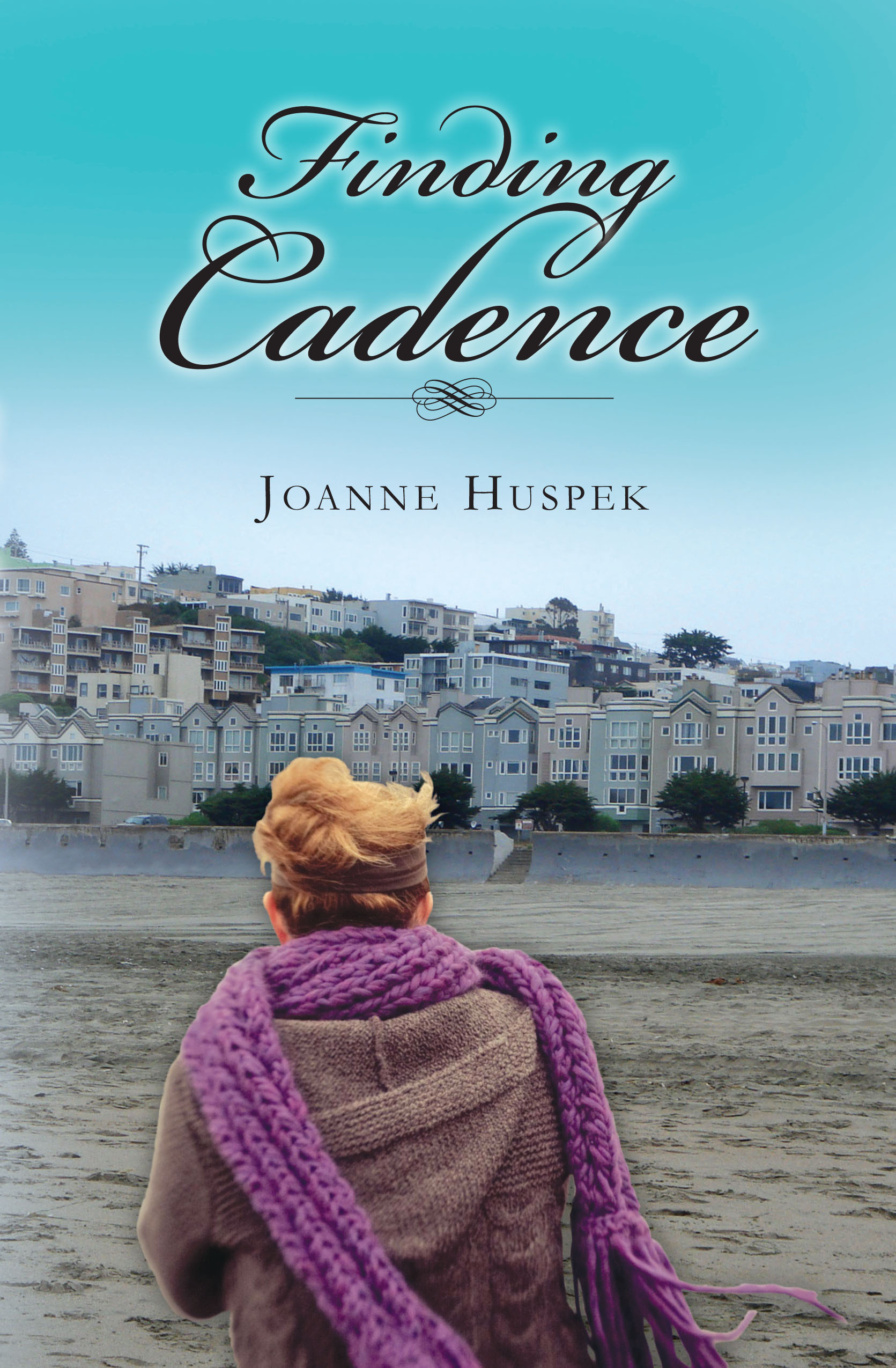The one thing I enjoy about the San Francisco Writers Conference are the contests. Yes, I enter, and yes, I’ve had mixed results, but that’s the whole point. How will you know if you’ll win or not unless you try? I’m also impressed that they hold a similar contest for high school students. Even though I don’t currently have any high school students, I was once one – a long, long time ago.
I have, in fact, told stories as long as I can remember. I like to draw, so many of my tales were illustrated. I had a wild imagination, one so off the beaten path, that in 7th grade I was expelled from Catholic school because of a rather racy short story I wrote that got passed around until it landed in the hands of Sister Mary Ruler-Slapper. (I can laugh about it now, but my mother didn’t speak to me for three months.) It was so bad, I was not only banished, but so were my siblings.
My shortcomings were not in writing, they were in speaking, which is why I never said a word during debate class. However, I read voraciously, skipping right over anything age appropriate and going straight to the classics. The “harder” the book, the more I wanted to tackle it. Book reports: in 4th grade I wrote nearly 30 of them, for extra credit and because I loved to read. That’s more books read than there are weeks of school.
In my junior year of high school, I decided to enter the city-wide Junior League Creative Writing Contest. Okay, so the city was Colorado Springs and not the Big Apple, but it was a big deal to me. My short story was a dystopian, future set tale of a broken down world and one man’s love for a priceless antique chair. I dug it out of the basement about a year ago and typed it — it was TERRIBLE. How did I win Second Place?
I have no idea.
Now I am old(er), and starting to sound like my dad. I am concerned about the reading abilities of our children. I deal with teenagers all the time in my Day Job, and I had two children. As a writer, I’m fearful for these new readers, my potential audience. Many of them can’t read because they were taught some cockamamie theory when in kindergarten. I’m surprised my son can read at all, because at the time, “inventive” spelling was all the rage. He was encouraged (by the school) to spell words however he wanted to. On the other hand, I, as the mean mom, would make him write his spelling words twenty times and then grill him in mock tests. (What can I say? I’m half-Japanese.)
Other kids are dyslexic or have ADD. This would be my daughter. She would read out loud perfectly, but would write out of context or not retain one iota of information. That’s because her mind was thinking about something else – it’s always thinking about something else. She doesn’t enjoy reading, and the only way I could get her to ‘read’ Harry Potter books was to buy the accompanying audio books so she could read along while listening.
My children didn’t grow up deprived; we read to both, all of the time. We supplemented what they were learning in school (had to, even though they went to private schools). We could afford books and I bought plenty. Yet, I believe that neither one (for whatever reason) could read to my ability in 7th grade.
Sure, kids these days read, and the popularity of the Hunger Games and the mad YA market are testament to that. But my own kids have been in “reading” classes where they watch the movies the books were made from – not exactly reading.
I live in the Detroit area, and the city schools have notoriously low graduation rates. Many of the kids I see come through here can barely write their names. Some can’t spell or pronounce the streets they live on. They can read abbreviated text messages, but have no idea how to read a book for the enjoyment of it. Suburban kids might fare a little better, but the standards are still mediocre. Some kids (and adults) these days want to do the least amount of work, to just do enough to get by.
I place advertising in school newspapers, partly because I am a product of several school newspapers (junior high, high school, and college), and partly because I like to read what the current crop of kids are writing. Most of the writing is good, witty, relevant. However, one by one, I am seeing school newspapers being dropped as a class. One advisor told me it was not just the money, but the school spends a good deal of time trying to get test scores up, so they drop the classes that don’t apply to the state test, like newspapers, wood shop, home ec, etc.
The result is kids who can’t create because they aren’t given the chance, and not given the chance, can’t improve their minds. I don’t know if what I’m seeing on a day to day basis is an anomaly, or if it’s a trend. The other question that lingers is if these are writers of the future, what will become of books? What will become of opinion, or art?
That’s why when I see articulate, intelligent teenage writers at the San Francisco Writers Conference pick up their awards and get recognized for excellence, it quickens my heart, if only temporarily.
I still have my fingers crossed.








2 Responses to Readers: Are They the Exception or the Norm?